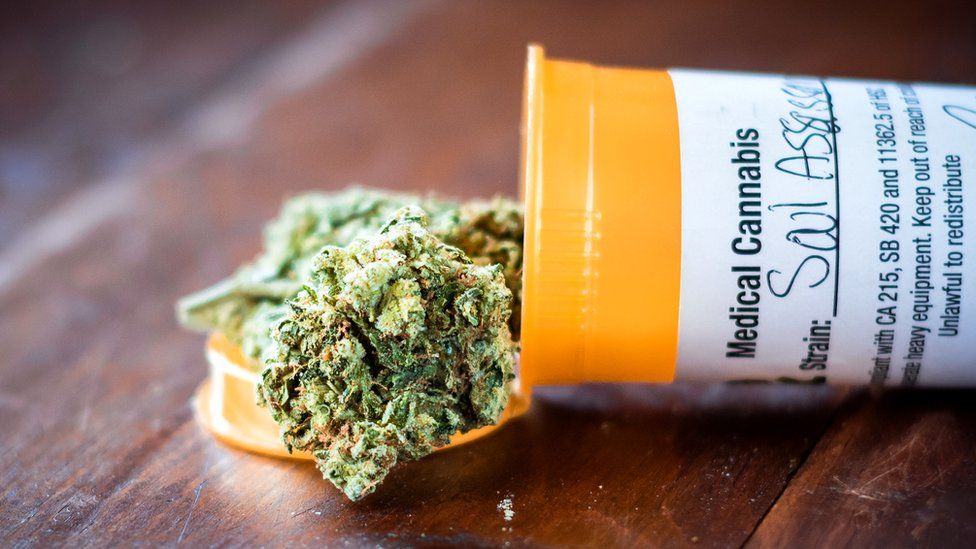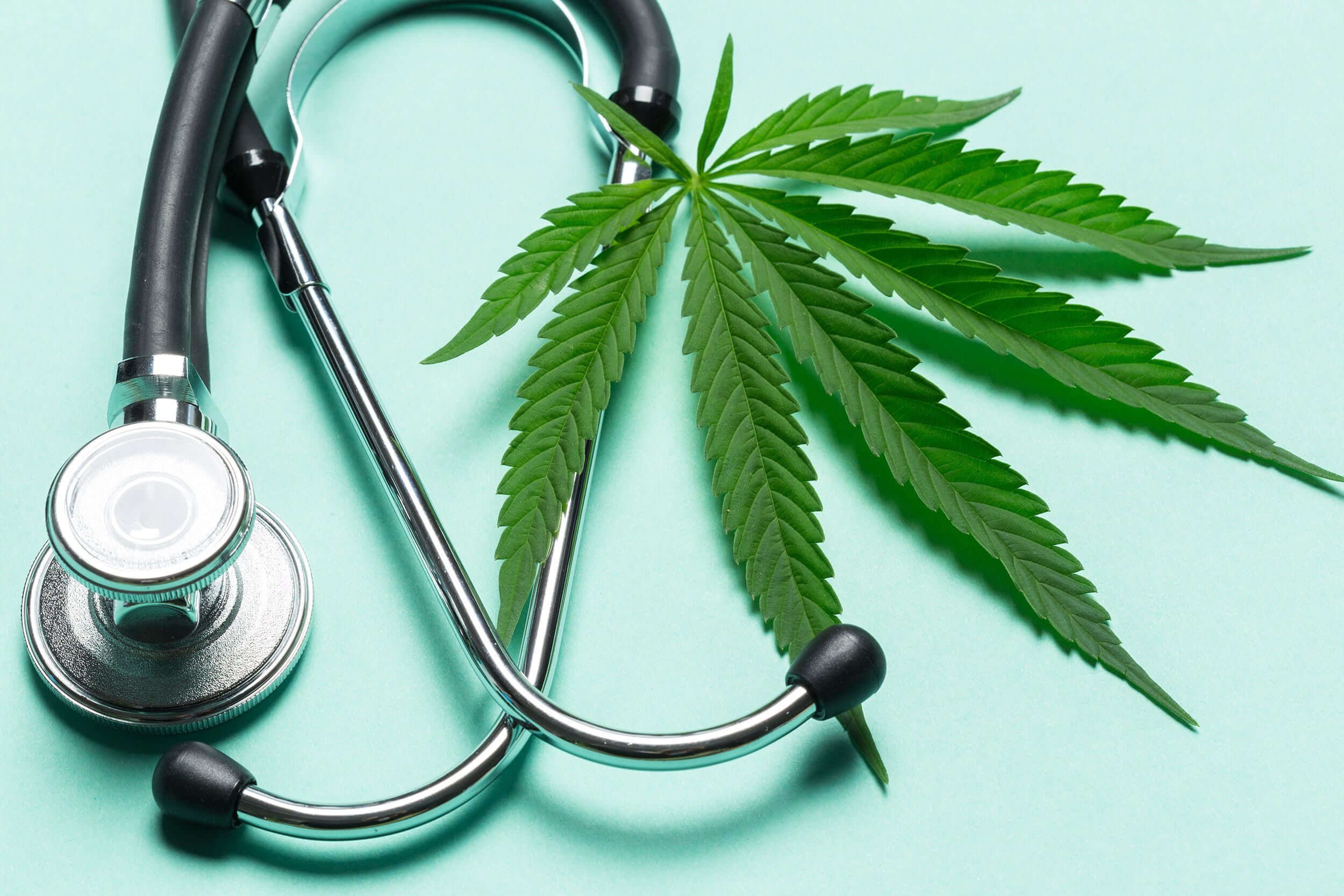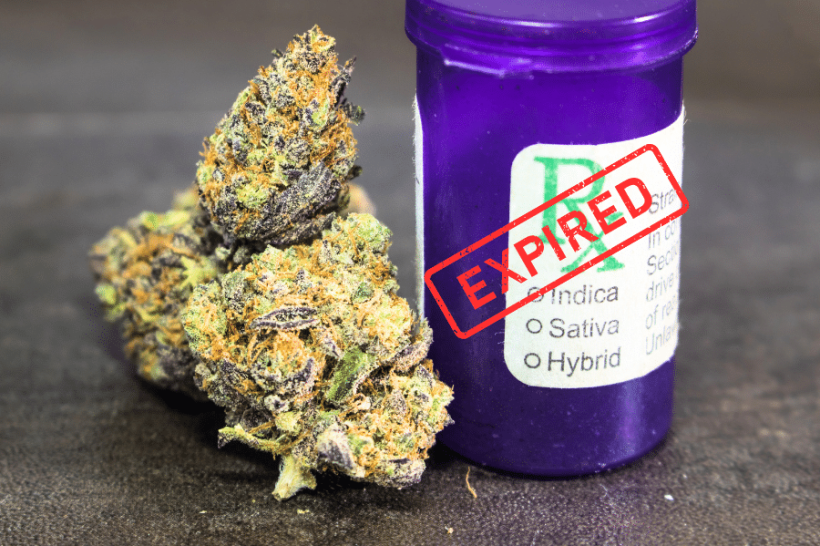Discover an Experienced Medical Cannabis Doctor for Effective Therapy
Discover an Experienced Medical Cannabis Doctor for Effective Therapy
Blog Article
Shedding Light on What Medical Marijuana Can Heal: an In-Depth Evaluation of Its Therapeutic Characteristics
In current years, there has actually been a growing rate of interest in the therapeutic potential of clinical marijuana. While unscientific proof abounds, a thorough evaluation of the scientific data concerning the efficiency of medical marijuana in dealing with these conditions is necessitated.
Persistent Discomfort Administration
Persistent discomfort management remains a critical aspect of healthcare, demanding a detailed method for reliable therapy. In recent times, medical cannabis has emerged as a prospective therapeutic option for people struggling with persistent pain problems. The endocannabinoid system, which plays a critical duty hurting modulation, has actually been targeted by cannabis-based therapies to relieve symptoms and enhance top quality of life for individuals.

Moreover, clinical cannabis supplies a promising choice for patients who experience excruciating side effects from traditional discomfort drugs. Its capability to resolve pain with a different mechanism makes it a valuable enhancement to the arsenal of treatments available for persistent pain administration.
Epilepsy Treatment Prospective
Clinical cannabis has revealed promising potential in the treatment of epilepsy, using a novel healing method for managing seizures in patients. Epilepsy is a neurological condition defined by reoccurring seizures, impacting people of all ages. Traditional treatments for epilepsy consist of antiepileptic drugs, yet these medications may not be reliable for all people and can have substantial adverse effects.
Study on using clinical cannabis for epilepsy has actually disclosed encouraging outcomes. Cannabidiol (CBD), a non-psychoactive compound found in cannabis, has been particularly highlighted for its anticonvulsant residential or commercial properties. Studies have revealed that CBD can lower the regularity and intensity of seizures in clients with treatment-resistant forms of epilepsy, such as Dravet disorder and Lennox-Gastaut syndrome.
In Addition, the FDA has actually authorized a CBD-based drug, Epidiolex, for the therapy of seizures connected with these severe kinds of epilepsy. This milestone highlights the growing recognition of clinical cannabis as a useful therapeutic alternative for handling epilepsy and supplies wish for clients that have not reacted well to standard treatments.
Queasiness Relief Advantages
The relief of queasiness with making use of cannabis has been significantly recognized for its restorative benefits in numerous clinical problems. Nausea or vomiting and vomiting prevail signs experienced by people undergoing radiation treatment, those with food poisonings, and people with chronic pain problems. Clinical cannabis, with its active substances such as THC and CBD, has revealed promise in providing relief from nausea.

Furthermore, clinical cannabis offers a natural choice for people that do not react well to traditional anti-nausea drugs or that experience extreme adverse effects from these medicines. Patients undertaking radiation treatment, particularly, have reported substantial enhancements in their high quality of life when making use of cannabis to take care of queasiness. As study in this location remains to expand, clinical sites cannabis is progressively being thought about as a beneficial alternative for nausea alleviation in numerous clinical settings.
Stress And Anxiety Reduction Results
Researches have demonstrated the capacity of cannabis in reducing stress and anxiety symptoms via its interaction with the endocannabinoid system. The endocannabinoid system plays a crucial function in controling emotions, consisting of anxiety, by preserving homeostasis in the body. Cannabinoids in my website marijuana, such as THC and CBD, communicate with the endocannabinoid receptors in the mind, particularly the CB1 and CB2 receptors, to modulate anxiety-related feedbacks.

Clients with conditions like generalized anxiousness problem (GAD), social anxiousness disorder, and post-traumatic stress and anxiety condition (PTSD) might benefit from the anxiolytic residential properties of marijuana (Medical Marijuana Dispensary near me). However, additional research is required to figure out optimal does, delivery techniques, and long-lasting effects on stress and anxiety monitoring.
Potential for Inflammation Control
With its recognized anti-inflammatory residential properties, marijuana has shown assurance in possibly controlling inflammation within the body. Swelling is the body's natural feedback to injury or infection, yet when it comes to be persistent, it can add to different illness such as joint inflammation, inflammatory bowel condition, and also heart condition. Research suggests that lakelands medical centre the cannabinoids discovered in marijuana, such as THC and CBD, can help lower and regulate the immune reaction inflammation.
Studies have revealed that marijuana can engage with the endocannabinoid system, which plays an important function in regulating inflammation. By targeting the cannabinoid receptors, marijuana compounds can modulate the immune action, causing a decline in swelling levels. This makes marijuana a potential candidate for handling inflammatory problems where traditional therapies have failed.
Furthermore, cannabis-derived items like CBD oil have actually obtained popularity for their anti-inflammatory residential properties, with several people using them as a natural treatment for conditions connected with swelling. While more study is needed to fully recognize the devices behind cannabis's anti-inflammatory results, existing findings reveal encouraging outcomes for the possible use clinical marijuana in controlling inflammation.
Conclusion
To conclude, clinical marijuana has shown appealing therapeutic properties in handling chronic discomfort, dealing with epilepsy, alleviating queasiness, reducing anxiousness, and controlling inflammation. Its possible advantages in various clinical problems highlight the significance of more research and exploration into its medical usage. The evidence suggests that clinical cannabis could be a valuable option treatment option for individuals looking for relief from a variety of symptoms and conditions.
In current years, clinical cannabis has actually arised as a prospective restorative option for people experiencing from persistent discomfort problems.Medical marijuana has shown appealing capacity in the therapy of epilepsy, supplying an unique therapeutic strategy for managing seizures in people. As research in this area proceeds to expand, medical marijuana is increasingly being considered as a valuable option for nausea relief in different clinical setups.
In conclusion, medical marijuana has shown promising healing homes in taking care of persistent pain, dealing with epilepsy, relieving nausea, lowering anxiousness, and controlling inflammation. The proof suggests that clinical cannabis might be a valuable choice treatment option for people seeking relief from an array of conditions and symptoms.
Report this page